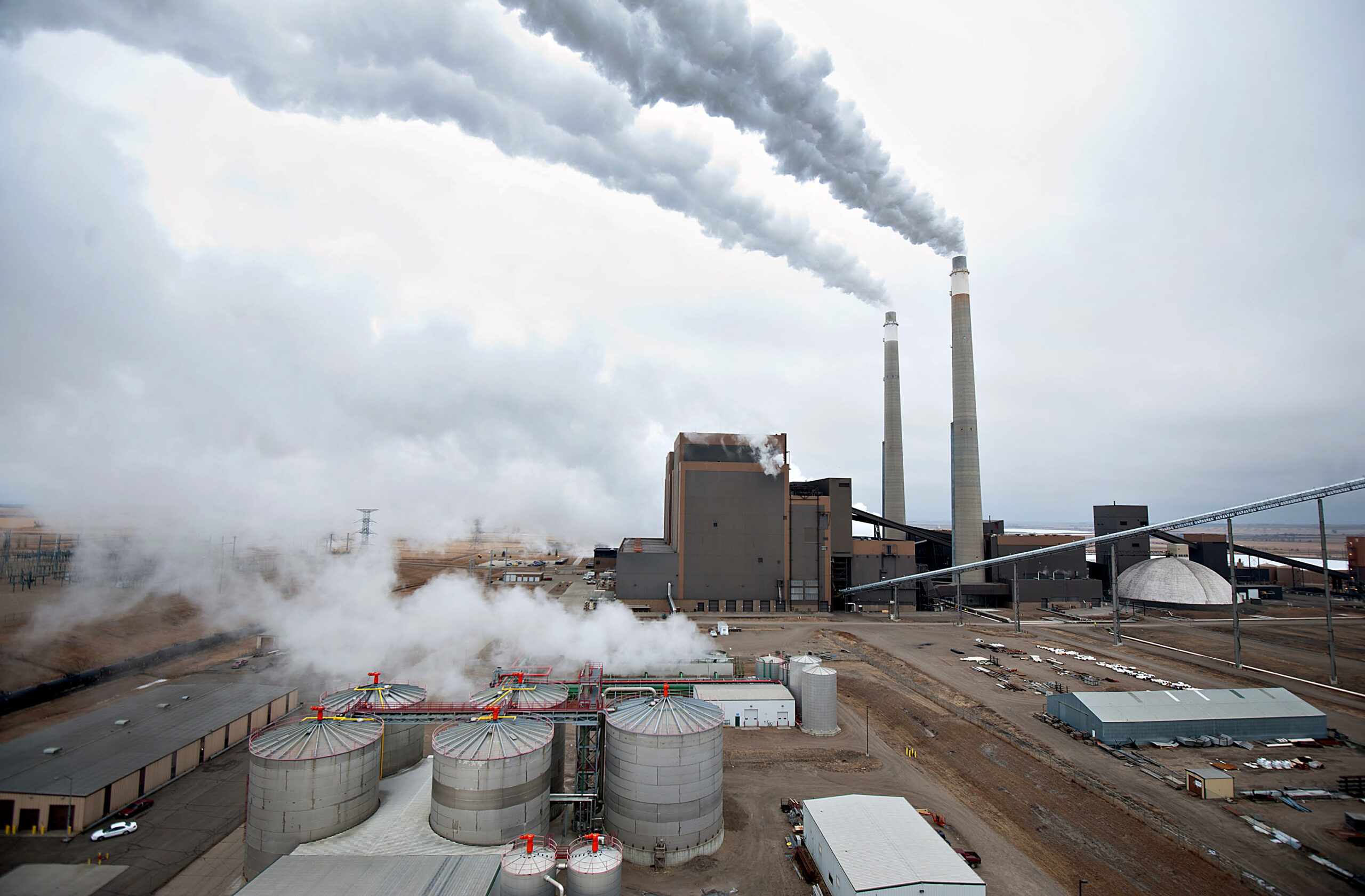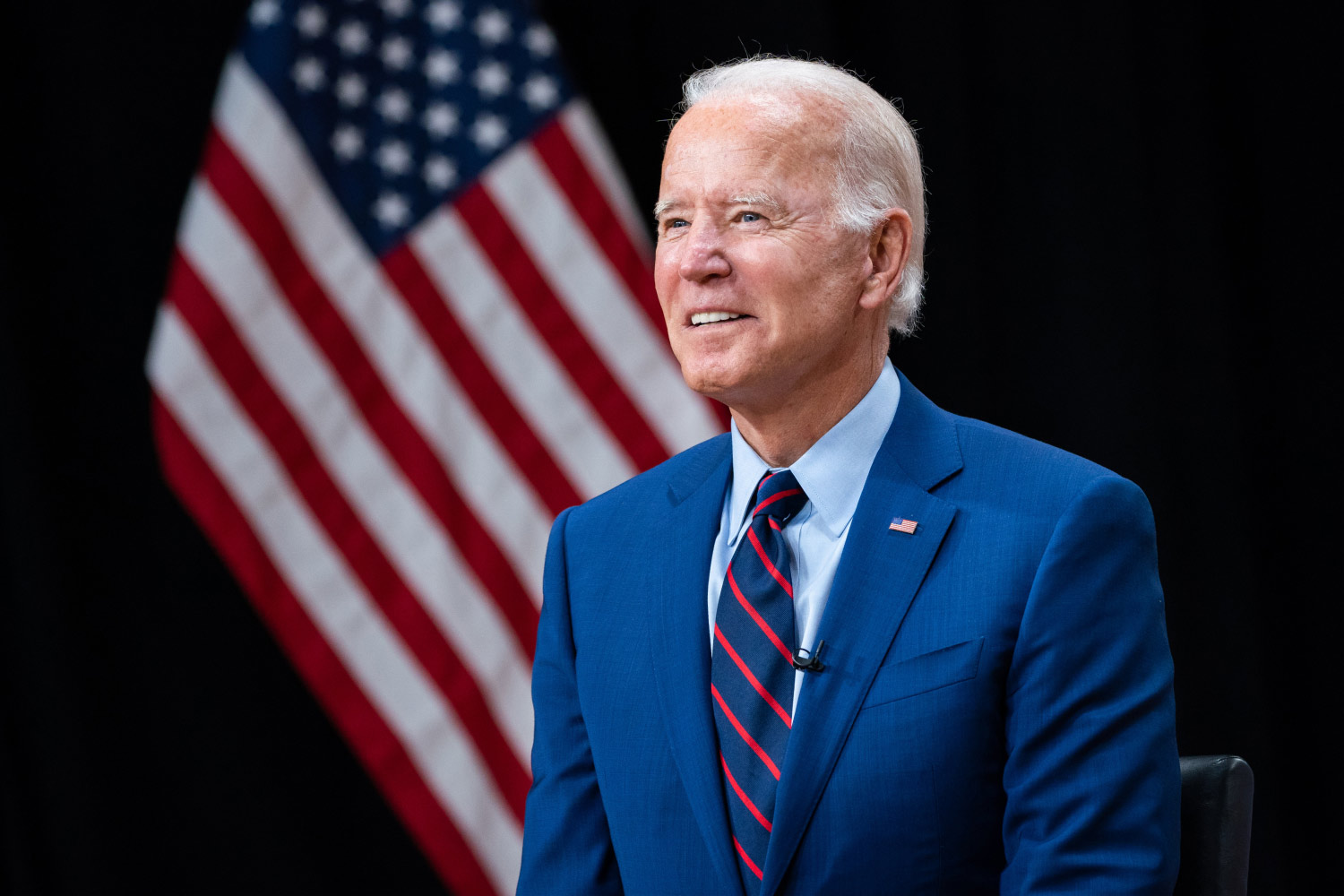Region: National
Good News! Policymakers ARE Embracing E-Bikes
You wouldn’t know it from reading the New York Times, but cities and states are innovating to get people out of cars and on e-bikes. Is California falling behind?
After reading the recent (and very dumb) New York Times expose by Matt Richtel on e-bikes, you’d be forgiven for mistaking electric-assist bicycles for the next big threat to human health. But 3 other news stories about the benefits, and growing pains, of e-bikes show there’s real interest in them as a climate solution. Rather …
Continue reading “Good News! Policymakers ARE Embracing E-Bikes”
CONTINUE READINGState Air Regulations Can Go Above and Beyond National Standards
State and local regulators can and should work to reduce particulate matter, ozone, and NOx emissions even when national standards are met.
States and local air quality regulators have the legal authority to set particulate matter (PM), ozone, and nitrogen oxides (NOx) emissions standards and adopt regulations for these pollutants when they are already in attainment of the national ambient air quality standards (NAAQS) set by the U.S. Environmental Protection Agency (EPA) under the federal Clean Air …
Continue reading “State Air Regulations Can Go Above and Beyond National Standards “
CONTINUE READINGGOP Contenders and the Climate Issue
Flat-out denialism seems to be fading in the face of reality.
The first Republican presidential debate will be on Wednesday. I doubt moderators will ask about climate change. It turns out, however, that there’s some spread of views among the candidates. Apart from Trump, each of them is jockeying to pick up enough GOP support to be a serious contender. Their views, which the NY Times …
Continue reading “GOP Contenders and the Climate Issue”
CONTINUE READINGAccelerating Transmission Approval
A proposed program will help streamline transmission permits.
A week ago, the Biden Administration proposed a new program called CITAP to accelerate permitting from transmission lines. If properly implemented, the program will do much more for permitting reform than the recent NEPA amendments in the debt ceiling law. The reason? CITAP implements a statute that is much more ambitious in its overhaul of …
Continue reading “Accelerating Transmission Approval”
CONTINUE READINGA Montana Victory for the Youth Climate Movement
Held v. Montana shows climate science can win in a courtroom. But one decision is just the beginning of a long legal fight.
A state court judge in the ‘Last Best Place’ just gave the youth climate movement a shot in the arm with the first decision of its kind that directly connects specific state actions to global climate change and then to injuries suffered by young people. It’s a decision worth reading, as U.S. courts have not …
Continue reading “A Montana Victory for the Youth Climate Movement”
CONTINUE READINGThe Utility Response to EPA’s Climate Rules
The power industry apparently shares some progressive doubts about CCS and hydrogen
There are three big takeaways from the utility industry’s comments on EPA’s proposed new climate rules. First, the industry seems to share progressive concerns about whether we can count on hydrogen and CCS (carbon capture and sequestration). Second, the industry doesn’t invoke the major question doctrine, making it clear that it does not view such …
Continue reading “The Utility Response to EPA’s Climate Rules”
CONTINUE READINGSpewing Out Mercury
These three power plants cause a big share of America’s mercury pollution.
In Ireland, poor people used to burn peat from fuel. Barely a step ahead of that, some American power plants burn semi-fossilized peat (lignite) to run their generators. It turns out that those power plants produce about a third of all the toxic mercury emissions of the entire industry. Even more remarkably, about half of …
Continue reading “Spewing Out Mercury”
CONTINUE READINGConstraints on Rollbacks
Regulations have some sticking power, even when the White House changes hands.
The Trump Administration’s massive campaign against government regulation was horrifying at the time and depressing in retrospect. Many people have been left with doubts about whether it’s even worthwhile to bother with new regulations, given the risk of a switch in control of the White House. I don’t question Trump’s regulatory carnage. But Obama’s achievements …
Continue reading “Constraints on Rollbacks”
CONTINUE READINGBiden Should Declare a National Climate Emergency
The Inflation Reduction Act is working after one year, but it’s not enough. Pres. Biden could supercharge the IRA with more executive action.
People love anniversaries. Or journalists do anyway. So, we’re seeing a lot of news stories assessing the Inflation Reduction Act, which Pres. Biden signed on Aug. 16, 2022. One year on, we have a clearer picture of what we vaguely knew already: the biggest-ever climate law and its robust tax incentives is igniting the clean …
Continue reading “Biden Should Declare a National Climate Emergency”
CONTINUE READINGIs the Inflation Reduction Act Working?
Enacted a year ago, the climate law is boosting EVs and clean-energy manufacturing. But there’s urgent work to be done on transmission siting and connecting communities with IRA funding.
Happy birthday to the Inflation Reduction Act. It’s been nearly a year since Democratic lawmakers and the White House celebrated the passage of the biggest climate spending legislation in American history. But in many ways passage was the easy part. Exactly how the IRA continues to be implemented at the local, state, and federal level …
Continue reading “Is the Inflation Reduction Act Working?”
CONTINUE READING












